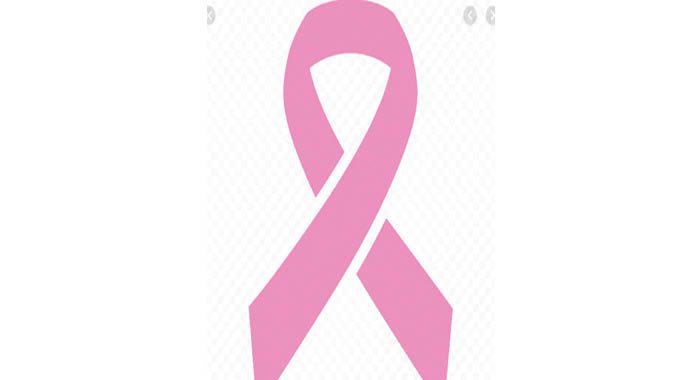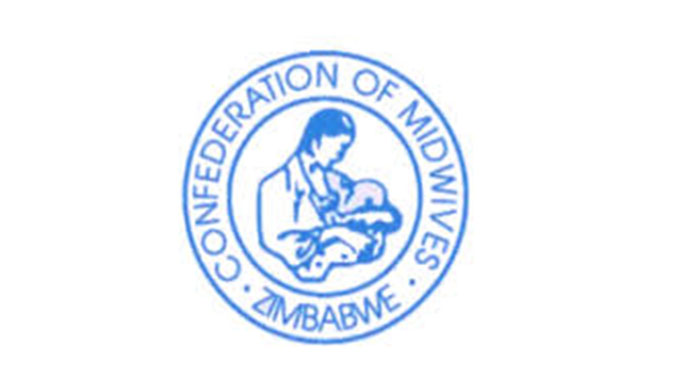All should rally behind the pink ribbon

Andile Tshuma
MANY in society tend to assume that breast cancer is only for the fairer sex but it is not. Although at a much lower occurrence rate, men are also not immune from breast cancer hence the third week of October is dedicated to breast cancer awareness for men annually.
Because of the rarity of male breast cancer, which accounts for less than 1% of all breast cancers diagnosed worldwide and for 1% of all cancers in their gender, men affected by breast cancer find little support in their fight against the disease.
Men are frequently excluded from breast cancer trials and, in deciding which treatments to offer, their doctors usually extrapolate evidence from the studies assessing therapies among women with breast cancer. Additionally, male breast cancers are often diagnosed later, when the disease is already more advanced, leading to a worse outcome.
In the fight against cancer, men and women should be in it together, to celebrate survivors and to remember and honour the departed.
I saw some men wearing pink ribbons on their blazers earlier this week at a function organised by the Zimbabwe Gender Commission. The speaker applauded them on their bold move to openly show support and awareness of the #pink October hashtag.
Later on, one of the guys shared a story and said he had lost a brother to breast cancer. It is not very common, but it’s there and this should be acknowledged.
October is Breast Cancer Awareness Month and statistics show that an estimated one in eight women will have breast cancer in their lifetime. However, the prevalence is much lower in men, with about one in a thousand men likely to have breast cancer in their lifetime.
Marked in countries across the world every October, breast cancer awareness month helps increase attention and support for the awareness, early detection and treatment as well as palliative care of this disease.
Government must be commended for availing cancer screening mammogram machines at public hospitals in 2017.
Government should however ensure that these lifesaving machines are up and functioning all the time as the machines have reportedly been down for a while. When they are not working, it means that someone is missing out on crucial treatment and this is almost equal to condemning the ill to death.
In Bulawayo some machines at the cancer unit in Mpilo Central Hospital have not been working for a year for a number of reasons and quite frankly it is not acceptable.
No one is immune to cancer. While special diets, exercise and general healthier habits can help reduce chances of developing cancerous tumours by up to 40 percent, it is important for everyone to get screened once in a while.
Doctors say early detection is vital since tumours can be picked when they are still as small as four to eight millimetres, ensuring treatment success. It is however sad that in most cases, cancer is often detected very late when it is at an advanced stage.
Recent statistics from the Ministry of Health and Child Care indicate that 7 000 new cancer cases are reported annually and 60 percent of them, according to the Zimbabwe National Cancer Registry, are HIV related. Of these, only some 1 300 to 2 000 are treated with radiotherapy.
If you happen to notice any of the symptoms of breast cancer, do not take them lightly, whether you are male or female. It is better to panic and seek medical attention and be told it was just a false alarm than to be brave and take it lightly only to seek assistance when it’s too late.
I wish men and women would appreciate this and develop a habit of visiting the doctor at least once every year for a full body check-up that includes a breast cancer check.
That one not so important trip to the doctor could be a deciding factor between life and death. We are all often overwhelmed with responsibilities sometimes that we brave illnesses for the sake of time and convenience but this is very dangerous as we may seek help when we cannot be helped much.
When breast cancer is detected early, and if adequate diagnosis and treatment are available, a life can be saved. Medical researchers say if detected late, however, curative treatment is often no longer an option. In such cases, palliative care to relieve the suffering of patients and their families is needed.
We should all talk about breast cancer as much as possible, at work, at church gatherings, at socials and everywhere else people meet. The victory is in our hands and is in empowering each other and encouraging each other to get screened for early detection. The same way we test for HIV or blood sugar must be the same way we check for breast cancer as we may feel healthy for a very long time yet cancer may be eating away our healthy tissues.
The gist of the matter is that the causes of breast cancer are still under research so the only way to save your life is to go for check-ups constantly to watch out for any signs of breast cancer.
This is because the earlier it is detected, the earlier you can start treatment. However, it is critically important to visit the doctor as soon as you suspect it at whatever stage so that you can receive urgent medical attention.
We can do something to fight breast cancer by raising awareness to alert men and women of these symptoms to save lives and stop escalating the statistics of breast cancer deaths.
While cancer prevalence is higher in women, men are not immune to it either and joint efforts in creating awareness and joining in the fight would lead to better results for all. Breast cancer is not just a woman’s issue. Men should also rally behind the pink ribbon.










Comments